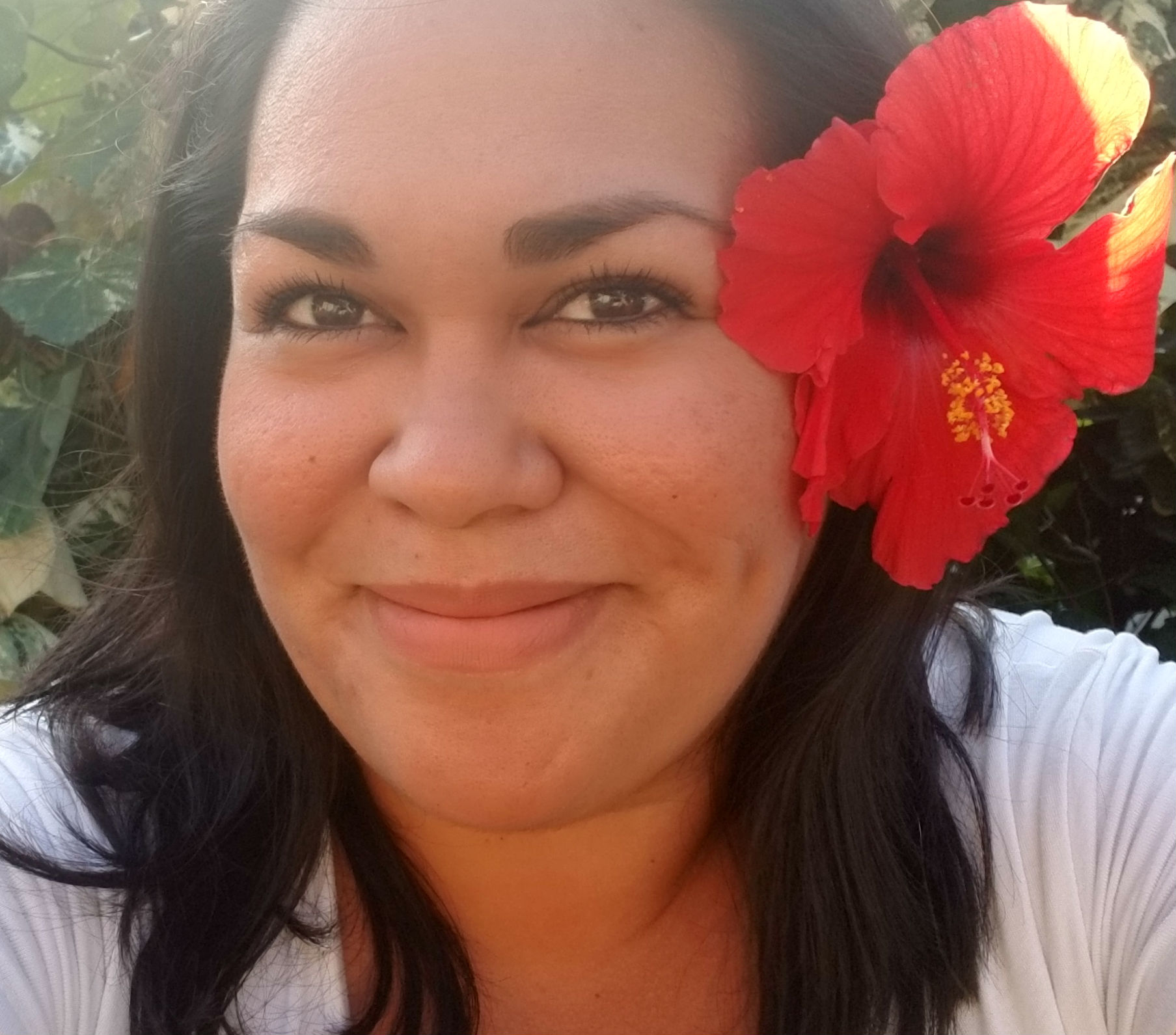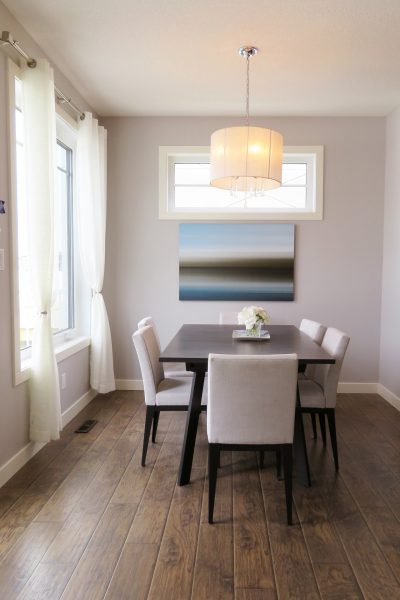What You Need to Know about Buyer Closing Costs
BY KAPINA LANSDALE

Purchasing a home involves coming up with some money out-of-pocket other than your down payment. Buyers must also have money available for closing costs such as title policies, document preparations, recording fees, inspections, and various lender fees.
The total out-of-pocket can come to as a shock to home buyers who aren’t well informed upfront and that are only expecting to come up with their down payment.
How Much Can a Buyer Expect to Pay?
Closing costs vary depending on purchase price, points, and origination fees. Your points and origination fee will be disclosed on your loan estimate.

“The total out-of-pocket can come to as a shock to home buyers who aren’t well informed upfront“
Free Closing Costs
First-time home buyers can sometimes catch a break and have their closing costs paid by a government agency. Check with lenders, sometimes they offer credits to your closing cost, so be sure to check all your options. For an additional way to save money on closing cost ask me about my “Mahalo Heroes” home buyer rebate today!
Non-Recurring Buyer Closing Costs
Fees that are paid once and never again are your buyers non-recurring closing cost. Some of these one-time charges are
- 1. Title Policies
- 2. Escrow/Closing Fees
- 3. Notary Fees
- 4. Condominium and Association Transfer Fee
- 5. Attorney Fees
- 6. Recording Fees
- 7. State, County or City Transfer Taxes
- 8. Home Inspections
- 9. Lender Fees

Recurring Buyer Closing Costs
Recurring fees are the buyers closing cost that you’ll pay more than once, either monthly or yearly. They often are fees collected in advance for prepaid premiums and establishing impound/escrow accounts. These include
- 1. Property Taxes
- 2. Fire Insurance Premium
- 3. Hurricane Insurance
- 4. Flood Insurance (if required)
- 5. Mutual or Private Mortgage Insurance Premiums
- 6. Prepaid Interest
Depending on the time of year your transaction closes will determine home many months of premiums the lender will collect to hold for future payments of taxes and insurance.
Seller Credits
A seller credit also referred to as a seller concession is money contributed to the buyer from the seller to cover some of the closing costs.
Be sure to check with your lender prior to negotiating an offer that involves a seller credit. Your lender may not allow it.
Points
Lenders will often permit you to pay points or sometimes called discount points at closing. This is a fee that is paid in exchange for receiving a lower interest rate over the life of the loan. One point usually runs around 1% of the amount you are borrowing. Purchasing points could potentially save you money in the long run but keep in mind it will raise your closing cost.
Let’s Buy a Home!
Looking for more information or expert real estate representation? Please Contact me. I would be honored to help make home ownership a reality.
For more helpful tips and island information Join my Newsletter and be the first to get notified on new updates.
